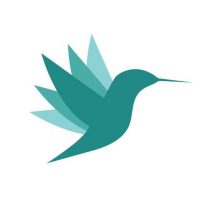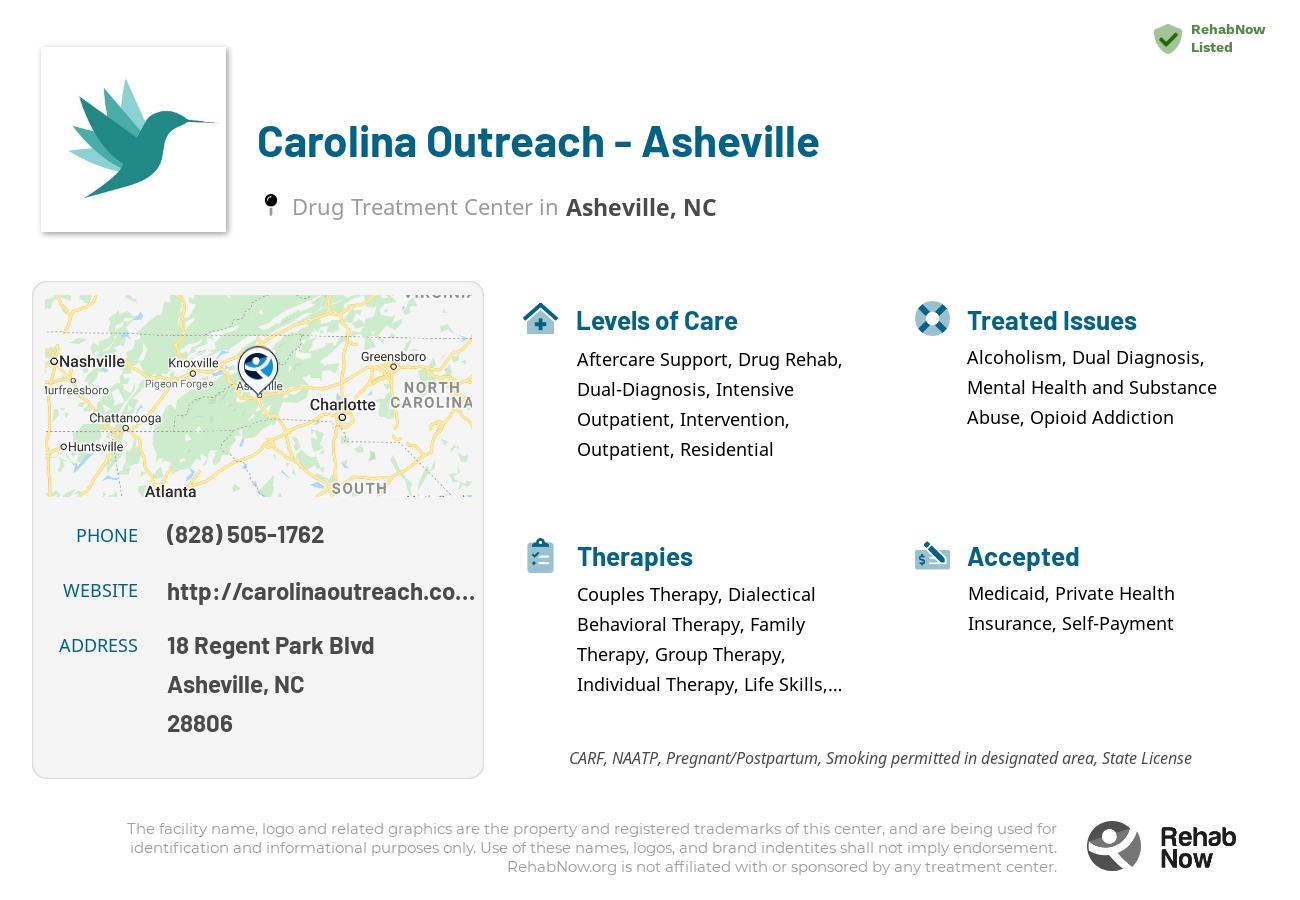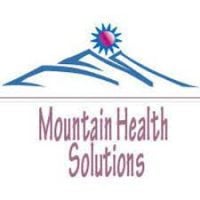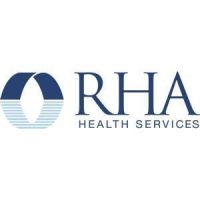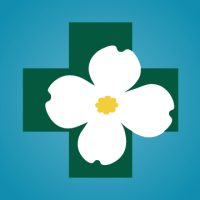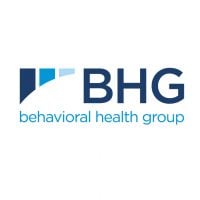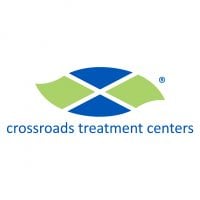About This Asheville, NC Facility
Carolina Outreach - Asheville provides comprehensive treatment programs for individuals struggling with alcoholism, opioid addiction, dual diagnosis, and drug addiction. Their range of services includes aftercare support, drug rehab, dual-diagnosis, intensive outpatient, intervention, and residential. Treatment plans are tailored to each individual’s needs, relying on therapeutic approaches such as couples therapy, dialectical behavior therapy (DBT), family therapy, group therapy, individual therapy, life skills, motivational interviewing, and trauma therapy. Carolina Outreach Asheville also offers aftercare, drug rehab, dual-diagnosis, intensive outpatient, intervention, outpatient treatment, sober-living and half-way, as well as residential long-term and cognitive behavioral treatment (CBT).
Carolina Outreach - Asheville is accepted by many private health insurance providers and associated with the Carolina Outreach network. They are dedicated to helping individuals find the path to long-term recovery and promoting wellness in their lives. Their experienced and compassionate staff are committed to providing the highest quality of care and support. Carolina Outreach - Asheville is committed to offering a safe and supportive environment that encourages successful outcomes for all their clients.
Genders
Ages
Modality
Additional
Conditions and Issues Treated
Opioid addiction treatment facilities in North Carolina, like Carolina Outreach - Asheville cover both illegal and prescription opioids abuse. Most plans include detoxification and subsequent medications to ease the process. Behavioral therapies and counseling are also necessary to resolve the root cause of addiction.
When someone in North Carolina struggles with both addiction and mental or emotional illness, this is considered a dual diagnosis. Dual diagnosis treatment can include emotional trauma, bipolar disorder, schizophrenia, depression. Getting treatment for these issues must occur at the same time to treat either of them effectively.
Levels of Care Offered
This center offers a variety of custom treatment tailored to individual recovery. Currently available are Aftercare Support, Drug Rehab, Dual-Diagnosis, Intensive Outpatient, Intervention, Outpatient, Residential, with additional therapies available as listed below.
An intensive outpatient treatment program is set up for those struggling with an addiction to begin the recovery process. Patients come to Asheville, NC to Carolina Outreach - Asheville for therapy, support, programs, and medical supervision. Intensive outpatient treatment is often very tightly scheduled and heavily structured.
Residential treatment programs are those that offer housing and meals in addition to substance abuse treatment. Rehab facilities that offer residential treatment allow patients to focus solely on recovery, in an environment totally separate from their lives. Some rehab centers specialize in short-term residential treatment (a few days to a week or two), while others solely provide treatment on a long-term basis (several weeks to months). Some offer both, and tailor treatment to the patient’s individual requirements.
Intervention services are designed to help loved ones of an individual suffering from alcohol or drug addiction. They aim to help the individual realize that their behavior is causing damage, and external help is crucial to handle their problem efficiently.
Treatment for substance abuse does not cease after an individual successfully completes a detox or rehabilitation program. A vital follow-up treatment service is aftercare support provided to individuals at Carolina Outreach - Asheville in North Carolina after they attain initial sobriety.
Aftercare support often takes the following forms: 12-Step Programs, Outpatient Treatment Programs, and Support Groups. The most effective aftercare programs are tailored to meet an individual’s specific needs and circumstances.
Carolina Outreach - Asheville‘s Therapies & Programs
Treatment programs include individual therapy for the greatest chances of success. Customized individual therapy is counseling involving you and your Carolina Outreach - Asheville counselor. Individual therapy leads to greater peace and understanding about your triggers for addiction.
Spousal relationships bear the brunt of alcohol and drug dependence. It becomes critical to submit the relationship to couples therapy to prevent straining it further. Some facilities like Carolina Outreach - Asheville in Asheville, NC offer couples therapy options to manage intimate partnerships amid the recovery process. Other couples-focused treatment plans can provide the patient and their partner tools to get things back to normal.
When family members are more proactive and involved in the treatment procedure, it encourages the patient to advance his or her progress. Moreover, it shouldn’t be ignored that genetics play a role when it comes to addiction, so it’s better to approach the problem as a unit. Also, with proper education, family members can help an individual avoid addiction triggers and guide him or her in making lifestyle changes necessary for his or her sobriety.
It has been said that unhealed trauma is the root of most addictions. Trauma therapy is a way of addressing trauma while in a safe situation in order to heal. Healing past traumas and introducing coping strategies are strong foundations for sustained recovery from addiction. This may involve individual or group counseling or both, in a Asheville, NC facility. Other forms of therapy have been proven to assist in healing past traumas.
Dialectical Behavior Therapy (DBT) helps those who attend Carolina Outreach - Asheville understand how their feelings, beliefs, and thoughts affect their behaviors. DBT is particularly useful for people with self-harming behaviors, as well as those with substance abuse disorders. DBT teaches people how to tolerate distress, regulate their emotions, and how to become mindful.
Cognitive Behavioral Therapy (CBT) is a type of psychotherapy that focuses on the underlying thoughts and behaviors that caused the problem of addiction in the first place and may cause a relapse. Negative feelings are common in substance abuse disorders, and if not recognized, they can cause co-occurring disorders.
CBT involves strategies that help to change the thinking and behavioral pattern by cognitive restructuring. In simple terms, it helps to remove negative thoughts and provides long-term benefits. Also, CBT promotes self-awareness, self-control, and healthy ways to respond to negative thoughts. It can be administered as a mono-therapy as well as a part of combination therapy.
In the midst of an addiction certain healthy habits and behaviors can be forgotten or discarded altogether. While in treatment you will learn life skills that will help you successfully maintain sobriety and rebuild your life in Asheville, NC. Some examples of this are time management, social skills, nutrition, hygiene, stress management and taking care of yourself.
Payment Options Accepted
For specific insurance or payment methods please contact us.
Is your insurance accepted?
Ask an expert, call (888) 674-0062
Carolina Outreach Associated Centers
Discover treatment facilities under the same provider.
- Carolina Outreach - Wilson in Wilson, NC
- Carolina Outreach - Fayetteville in Fayetteville, NC
- Carolina Outreach - Durham in Durham, NC
- Carolina Outreach - Raleigh in Raleigh, NC
- Carolina Outreach - Smithfield in Smithfield, NC
Learn More About Carolina Outreach Centers
Additional Details
Specifics, location, and helpful extra information.
Asheville, North Carolina 28806 Phone Number(828) 505-1762 Meta DetailsUpdated November 25, 2023
Staff Verified
Patient Reviews
There are no reviews yet. Be the first one to write one.
Asheville, North Carolina Addiction Information
North Carolina ranks 29th in the nation for overall substance abuse. Many of the drugs abused in the state are illicit, and many of these are opioids. Prescription opioids are readily available due to the high rates of medical workers prescribing them. The number of prescriptions has increased tenfold since the 1980's. Opioid overdoses are the most common type of death in North Carolina.
The drug addiction problem in Asheville, North Carolina, is relatively bad. About 7.4% of Asheville residents aged 12 or older reported using illicit drugs. Additionally, nearly 12% of Asheville residents reported misusing prescription drugs in the past year. The most commonly used drugs are marijuana, cocaine, and heroin. Asheville, North Carolina, is a vibrant city with plenty to do. There are plenty of local and nearby rehab centers for treatment.
Treatment in Nearby Cities
- Black Mountain, NC (14.9 mi.)
- Winterville, NC (291.6 mi.)
- Summerfield, NC (156.0 mi.)
- Black Creek, NC (261.5 mi.)
- Star, NC (158.2 mi.)
Centers near Carolina Outreach - Asheville
The facility name, logo and brand are the property and registered trademarks of Carolina Outreach - Asheville, and are being used for identification and informational purposes only. Use of these names, logos and brands shall not imply endorsement. RehabNow.org is not affiliated with or sponsored by Carolina Outreach - Asheville.
